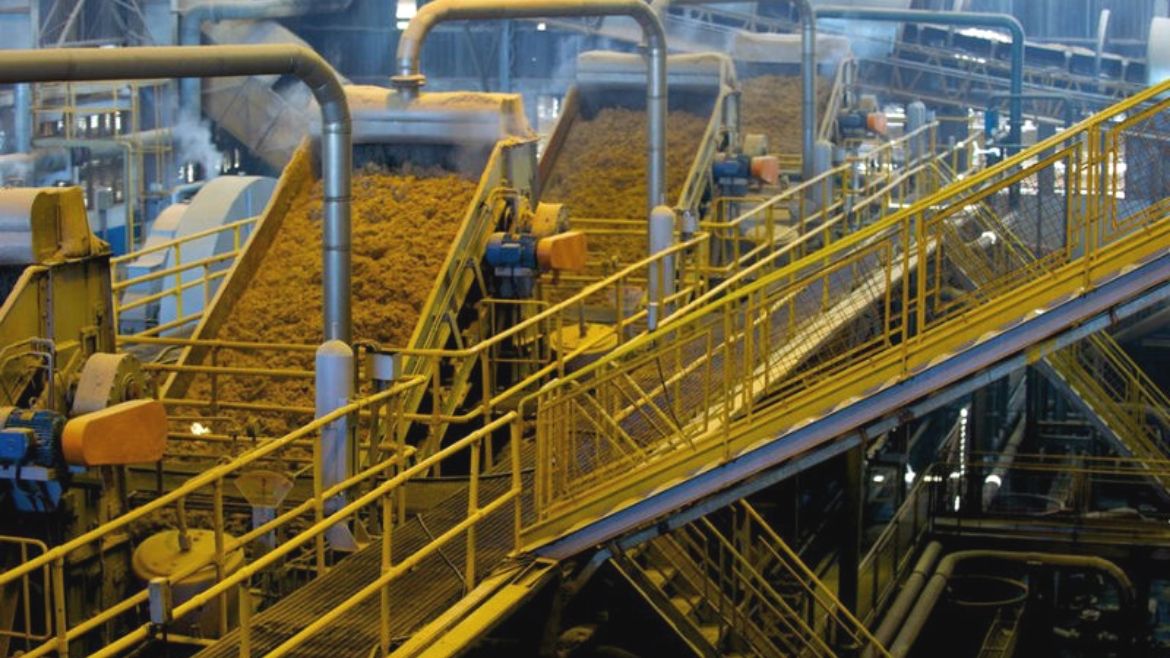The famous quote by Milton Friedman that “nothing is so permanent as a temporary government program” encapsulates a dangerous risk that comes with protectionist measures. The US sugar subsidy program is perhaps one of the best examples. It has not been modernized in 80 years and has unnecessarily killed countless jobs.
The program imposes on consumers and businesses an estimated annual burden of US$2.4-4 billion to fuel the inefficient US sugar-production industry. Colin Grabow, a policy analyst at the Cato Institute, offers a precise breakdown of the embarrassing crony scheme, of which many Americans are unaware.
It is such an egregious display of special interests trumping economics that many manufacturers that use sugar as a main ingredient have given up hope and moved to neighboring countries. “From 1982 through 2016, the average US sugar price was 29.28 cents per pound, nearly double that of the average world price of 15.12 cents,” Grabow explains.
Others, such as Coca-Cola, have been forced to replace the costly US-produced sugar with alternatives such as high-fructose corn syrup. If you want the original Coca-Cola formula, you have to import it from Mexico.
But unlike large firms, small and medium-sized businesses that provide jobs to millions of Americans have limited outsourcing capabilities and are hurt the most by the program’s tariffs, production quotas, and subsidies.
The US federal government even grants “price support loans” that producers are allowed to default on if sugar prices drop below a certain threshold. This has led to situations that would be laughable if it were not so insulting to taxpayers: “In 2013, the USDA was forced to spend tens of millions of dollars to prop up sugar prices to avoid loan forfeitures,” Grabow explains.
It’s no surprise that a large coalition of think-tanks and business associations—the Consumer Choice Center, the Taxpayers Protection Alliance, the Small Business Protection Alliance, the US Chamber of Commerce, and more—has emerged to advocate in favor of sane economic policy.
The Sugar Policy Modernization Act, introduced in November 2017 in the House by Representatives Virginia Foxx (R-NC) and Danny Davis (D-IL) and in the Senate by Senators Jeanne Shaheen (D-NH) and Pat Toomey (R-PA), is the latest attempt to counter the sugar cartel and bring relief to its countless victims.
The legislation seeks to ensure the program incurs no net cost to taxpayers by withdrawing bailouts for sugar producers. Moreover, it repeals marketing allotments—an absurd Soviet-like measure that restricts the amount of sugar that producers can sell—and government purchases of sugar to prop up prices.
Although Grabow believes that the bill leaves plenty of damaging policies intact, such as import quotas, he acknowledges that its “ability to bring needed reform is perhaps best evidenced by the furious reaction of the US sugar lobby, which has labeled it a ‘Sugar Farmer Bankruptcy Bill.’”
Cheaper sugar prices in the rest of the world show that the industry could work just fine without government privileges. Grabow offers Australia and Canada as proof that sugar production can thrive in free-market conditions.
The US sugar subsidy program has been a major source of crony capitalism, benefiting well-connected groups at the expense of businesses, consumers, and taxpayers. It undermines trust in democracy and US moral authority to negotiate trade deals abroad. A reform, if not complete elimination, is long overdue.
This article was first published by AIER.




